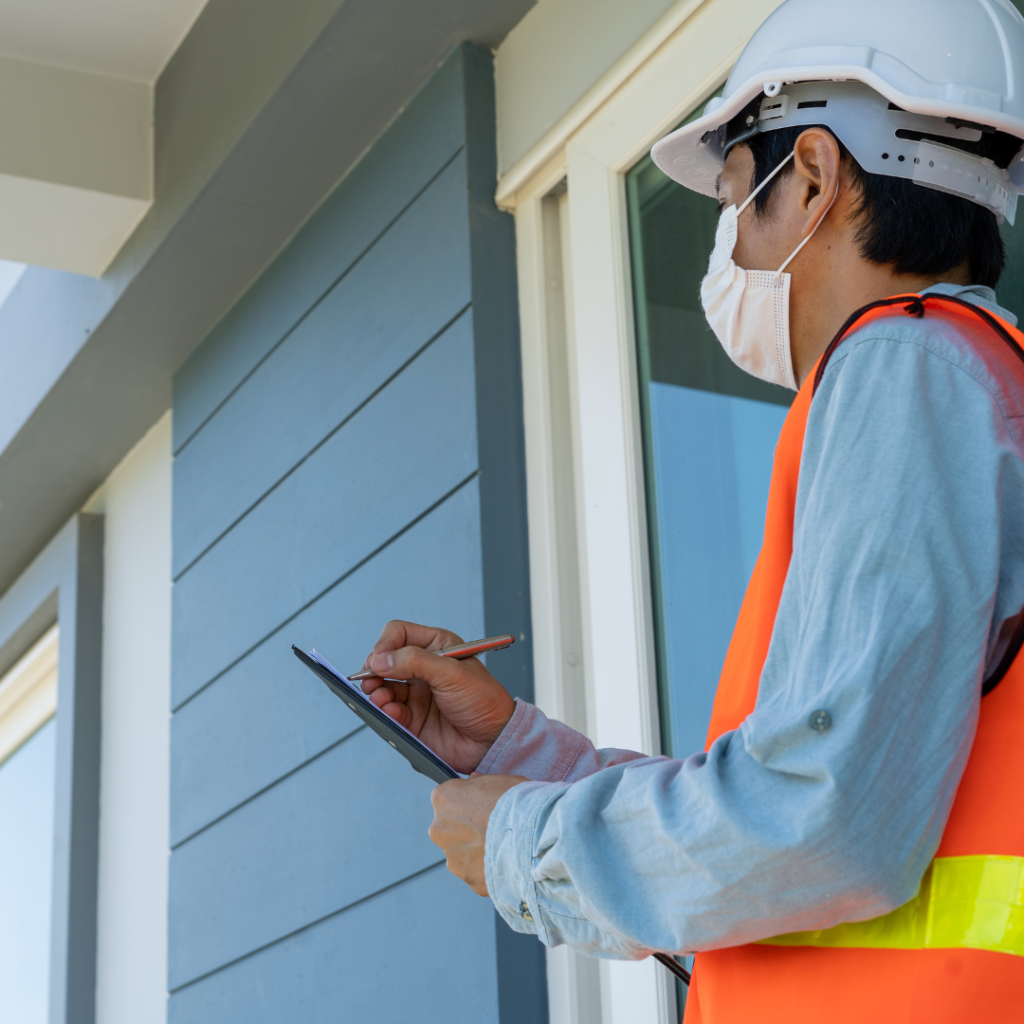When it comes to purchasing a new home, ensuring a thorough pre-inspection is conducted is paramount. A residential pre-inspection not only provides peace of mind but also lays the foundation for a successful and smooth home-buying process. In this blog post, we'll delve into the five crucial steps you need to take to ensure your residential pre-inspection is a success. From understanding the importance of a pre-inspection to selecting the right inspector, each step plays a pivotal role in uncovering potential issues and making informed decisions about your future home. We'll explore the significance of thorough documentation, the role of communication with your inspector, and how to interpret inspection reports effectively. Whether you're a first-time homebuyer or a seasoned investor, these steps will empower you to approach your residential pre-inspection with confidence and clarity, setting the stage for a seamless transition into your new abode. Let's dive in and discover the keys to a successful residential pre-inspection!
Before your home undergoes a pre-inspection, it's essential to ensure it's in optimal condition to present its best self to potential buyers. Pre-inspections are crucial steps in the home selling process, offering sellers insight into any potential issues that may arise when the actual inspection occurs. By preparing your home thoroughly beforehand, you not only increase its marketability but also minimize the chances of unexpected surprises during the inspection. Here’s a step-by-step guide to help you prepare your home effectively:

Start by decluttering your home and removing any personal items. Potential buyers want to envision themselves living in the space, so depersonalizing it allows them to imagine their own belongings in the home. Clearing out clutter also makes rooms appear larger and more inviting.
A clean home leaves a lasting impression on potential buyers. Deep clean every room, paying special attention to kitchens and bathrooms. Dust surfaces, vacuum carpets, mop floors, and ensure windows are sparkling clean. Don't forget about less obvious areas like baseboards, ceiling fans, and light fixtures.
Walk through your home and make note of any minor repairs that need attention. This could include fixing leaky faucets, replacing broken light bulbs, patching up holes in walls, or repairing squeaky doors. Addressing these small issues shows buyers that your home has been well-maintained.
First impressions matter, so don't neglect the exterior of your home. Mow the lawn, trim bushes, and weed flower beds to enhance curb appeal. Consider adding a fresh coat of paint to the front door, updating house numbers, or adding potted plants to create an inviting entrance.
Ensure that all safety features in your home are in working order. Test smoke detectors, carbon monoxide detectors, and fire extinguishers to make sure they're functioning correctly. Replace batteries if needed and provide documentation of recent inspections or maintenance.
A pre-inspection is a crucial step in the home selling process, offering sellers valuable insights into their property's condition before the official inspection takes place. While professional inspectors are trained to identify a wide range of issues, there are several common problems that homeowners can keep an eye out for themselves. By being aware of these issues, sellers can address them proactively, potentially saving time and money in the long run. Here are eight common issues to watch out for during a pre-inspection:
Inspect the roof for any signs of damage, such as missing or broken shingles, sagging areas, or visible leaks. Roof issues can lead to water damage and structural problems if left unchecked, so addressing them promptly is essential.
Look for signs of water damage throughout the home, including stains on ceilings or walls, musty odors, and soft or discolored spots on floors or walls. Water damage can indicate plumbing leaks, roof leaks, or issues with the foundation, all of which should be addressed promptly.
Check electrical outlets, switches, and fixtures for signs of wear or damage. Common issues include flickering lights, outlets that don't work, and outdated wiring. Electrical problems can pose safety hazards and may require professional attention to resolve.
Inspect plumbing fixtures, including faucets, sinks, toilets, and showers, for leaks or signs of damage. Check for water pressure problems, slow drains, and unusual noises coming from pipes. Plumbing issues can range from minor leaks to major pipe damage, so it's essential to address them promptly.
Test the heating, ventilation, and air conditioning (HVAC) system to ensure it's functioning properly. Look for signs of poor airflow, inconsistent temperatures, or unusual noises. HVAC issues can affect comfort and energy efficiency, so it's crucial to address them before putting your home on the market.
Congratulations on successfully completing the pre-inspection process! But the journey doesn't end here. Maintaining your home's condition is crucial for preserving its value and ensuring a smooth transaction. Here are some key points to keep in mind:
Ensuring a seamless residential pre-inspection process is pivotal for both buyers and sellers alike. By following these five crucial steps—starting with thorough research, scheduling in advance, preparing the property, actively participating during the inspection, and seeking clarification—the journey towards a successful inspection becomes smoother. This proactive approach not only aids in identifying potential issues early on but also fosters transparency and trust between all parties involved. Ultimately, it paves the way for informed decisions and a smoother transition in the real estate transaction process.
For more information on residential pre-inspections or to schedule an appointment with Island Home Inspections LLC, based in San Juan, Puerto Rico, please contact us at (787) 356-4531. Our team of experienced professionals is dedicated to providing comprehensive inspection services tailored to your specific needs, ensuring peace of mind throughout the home buying or selling process.











































































